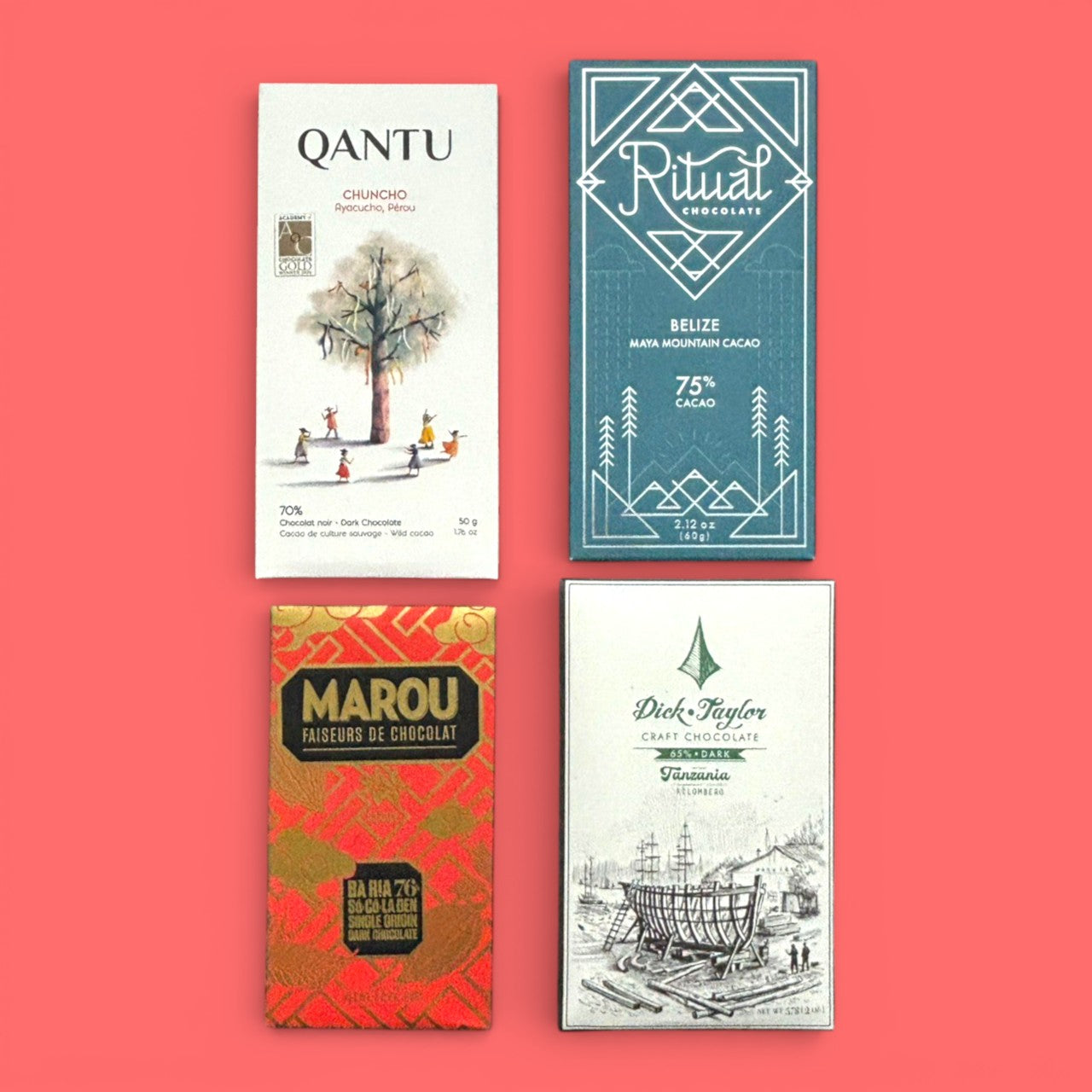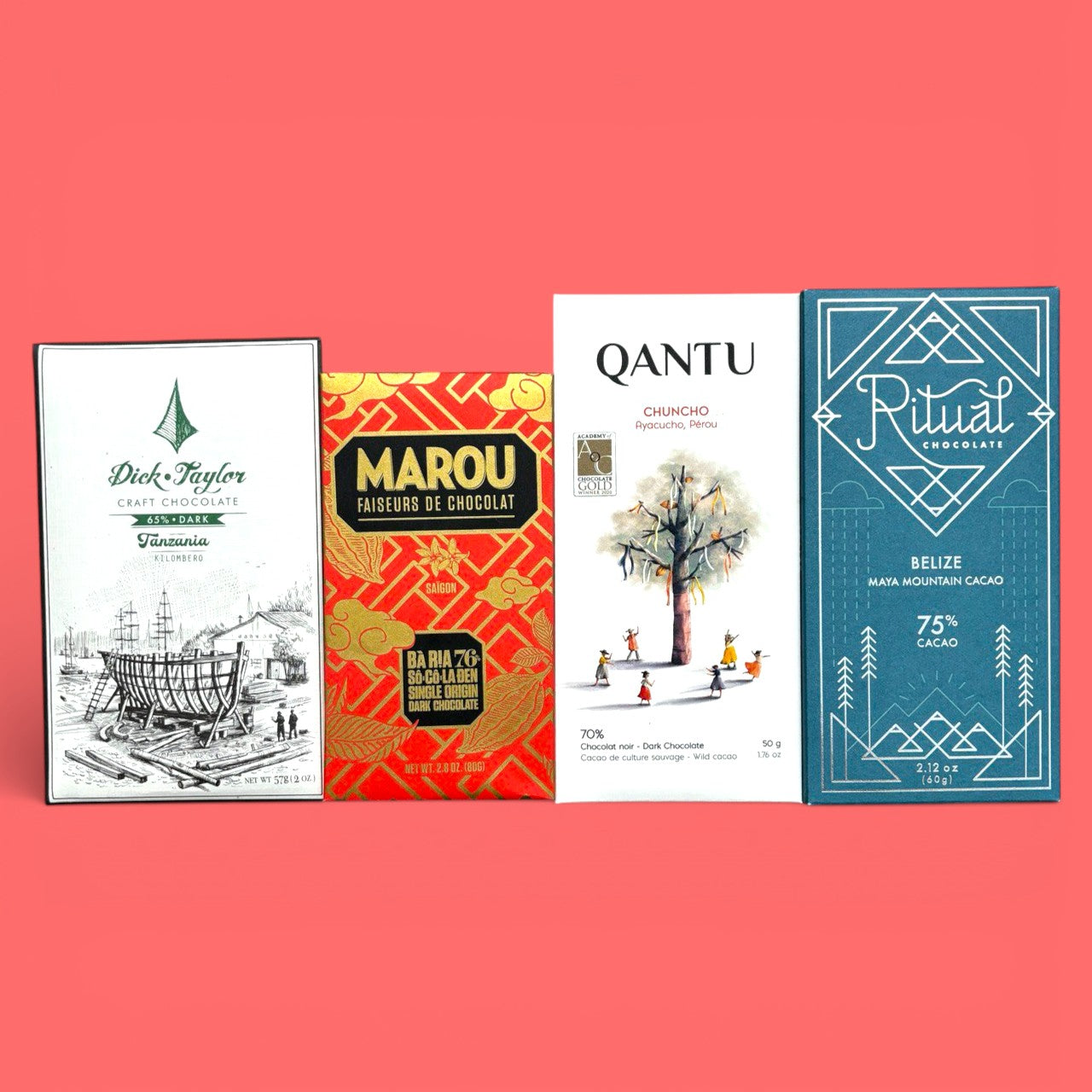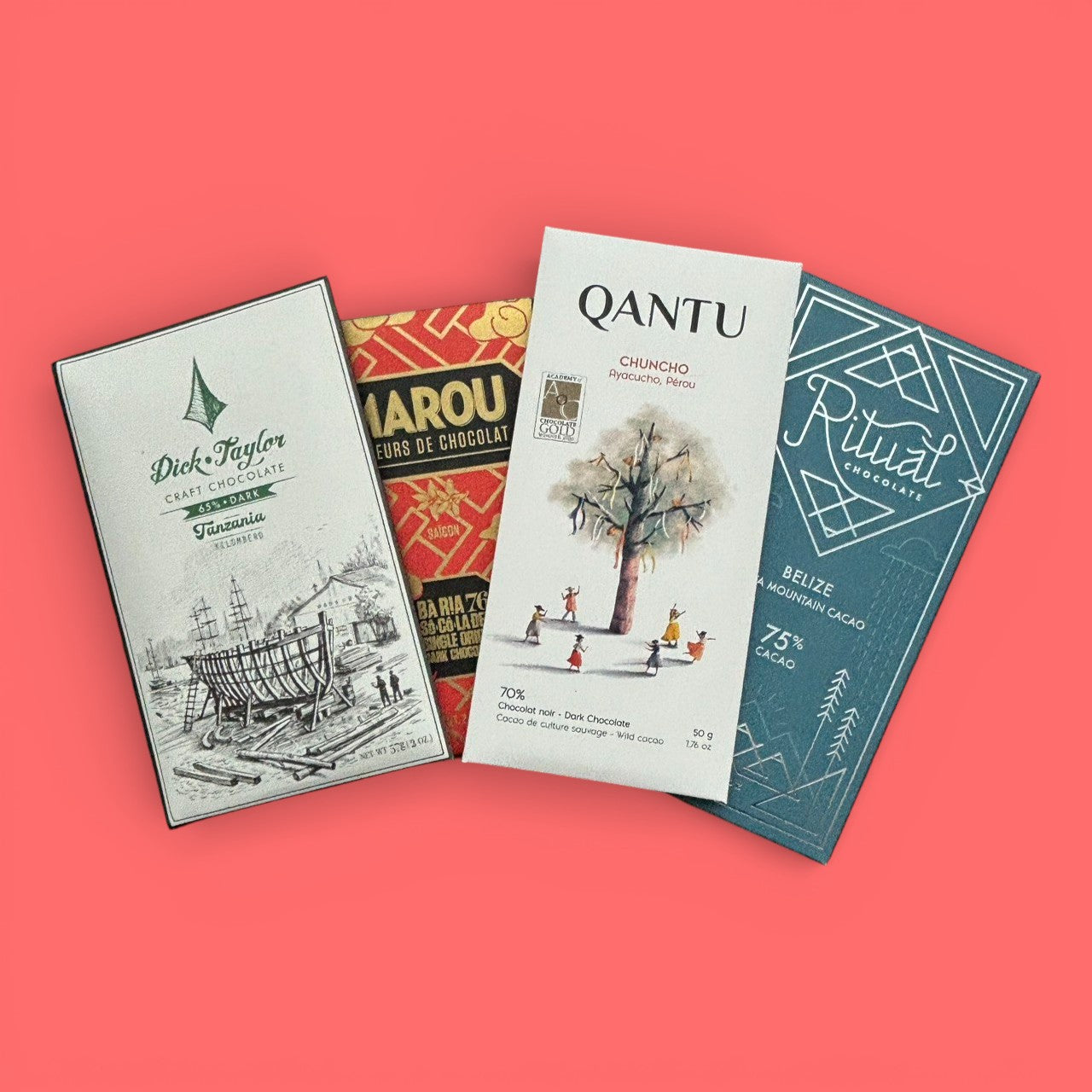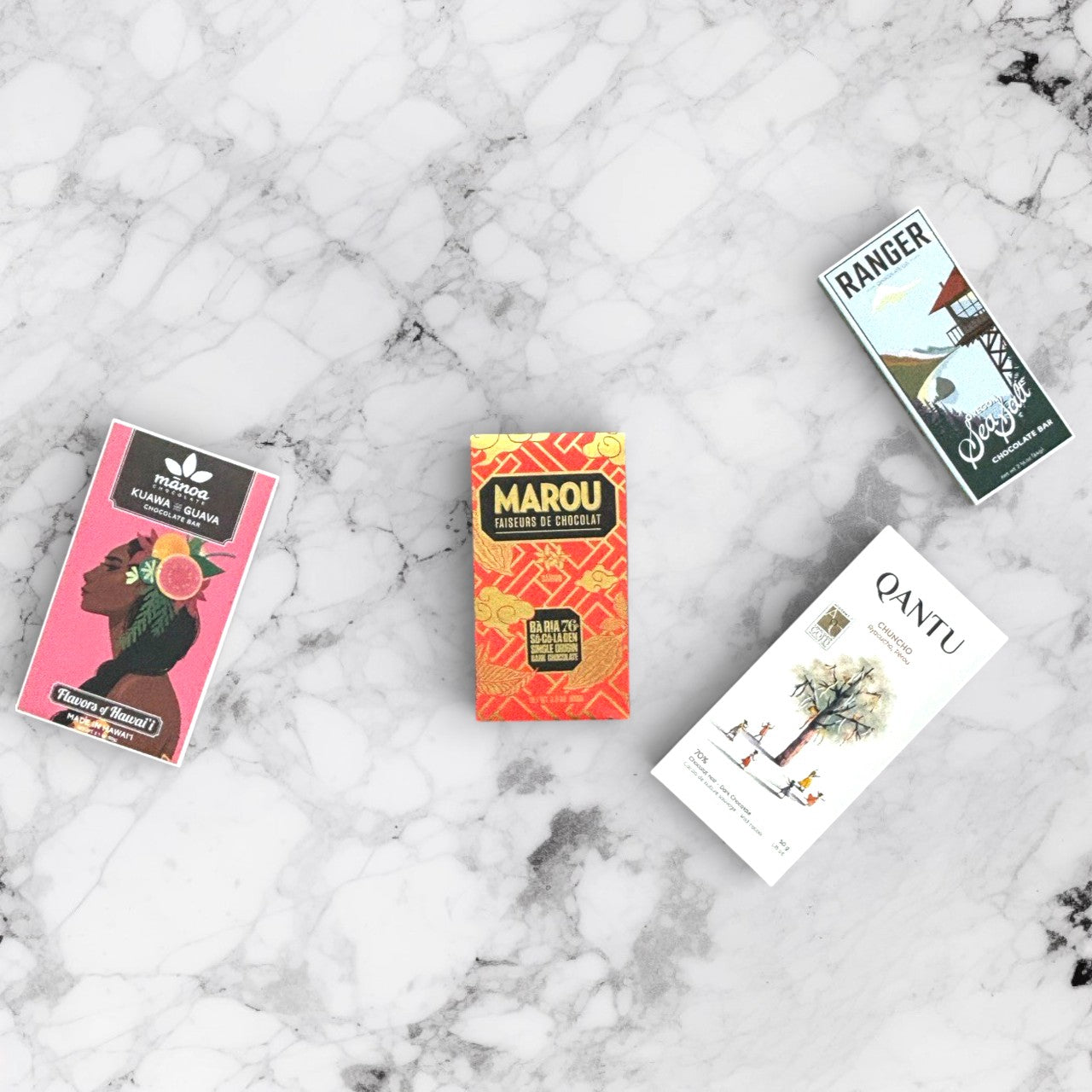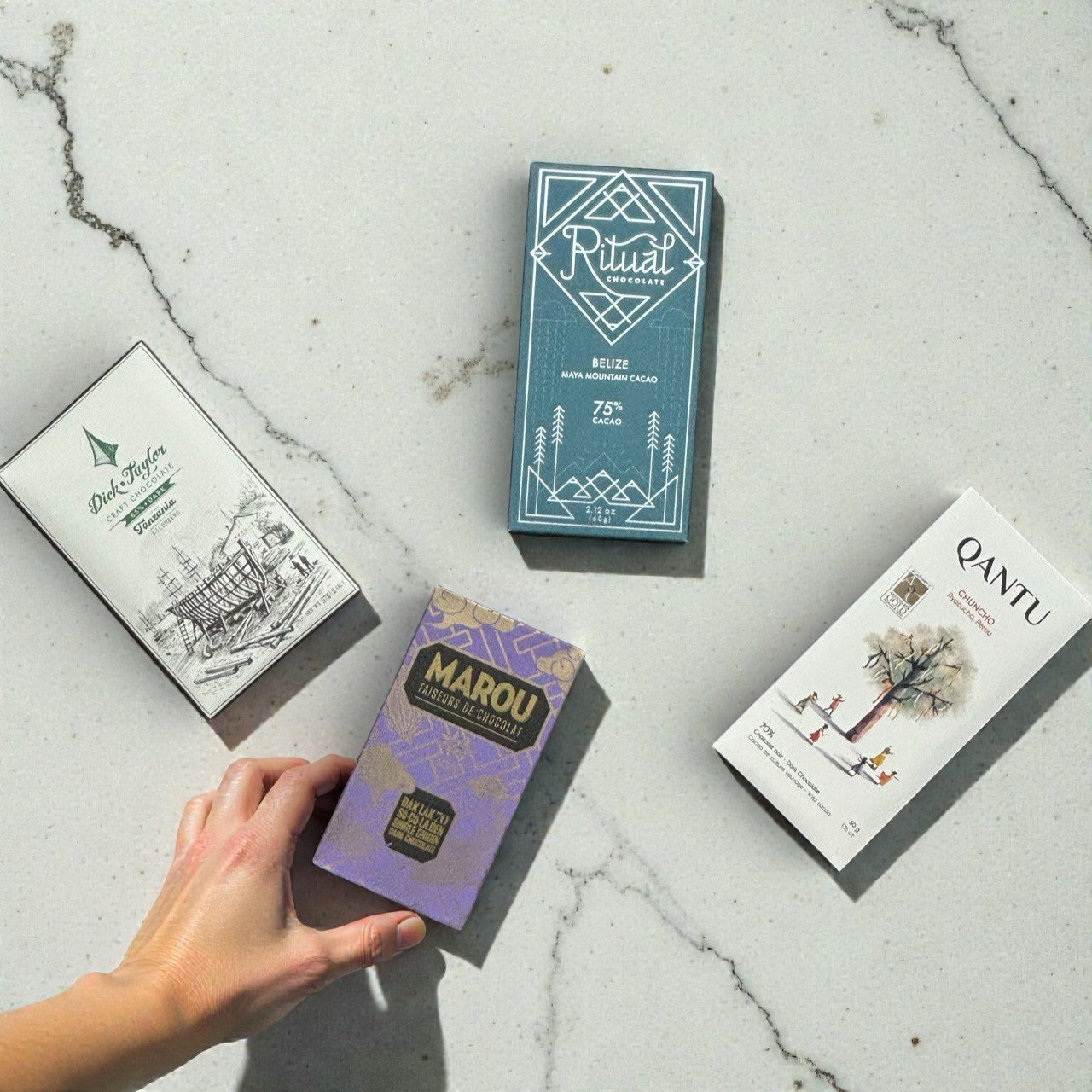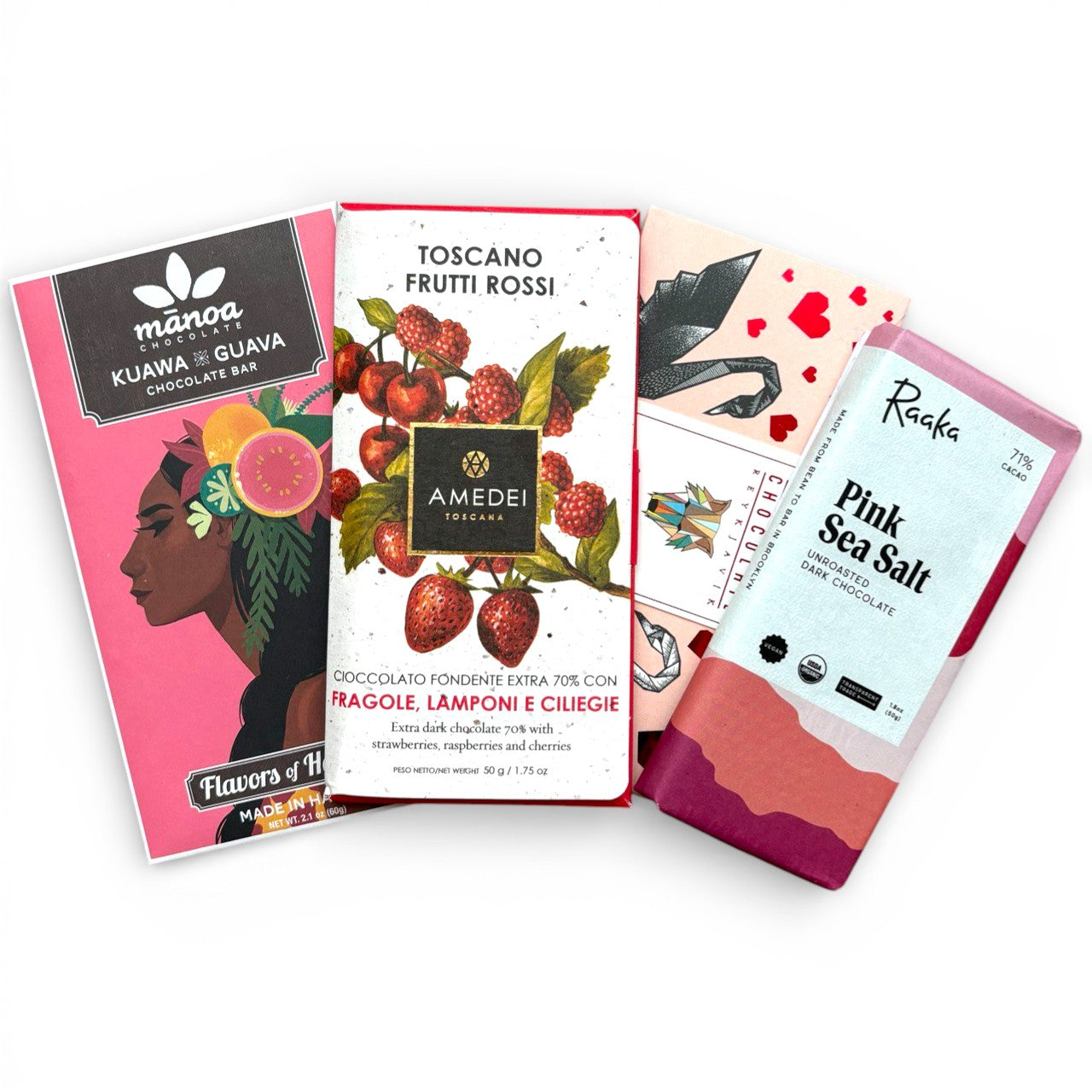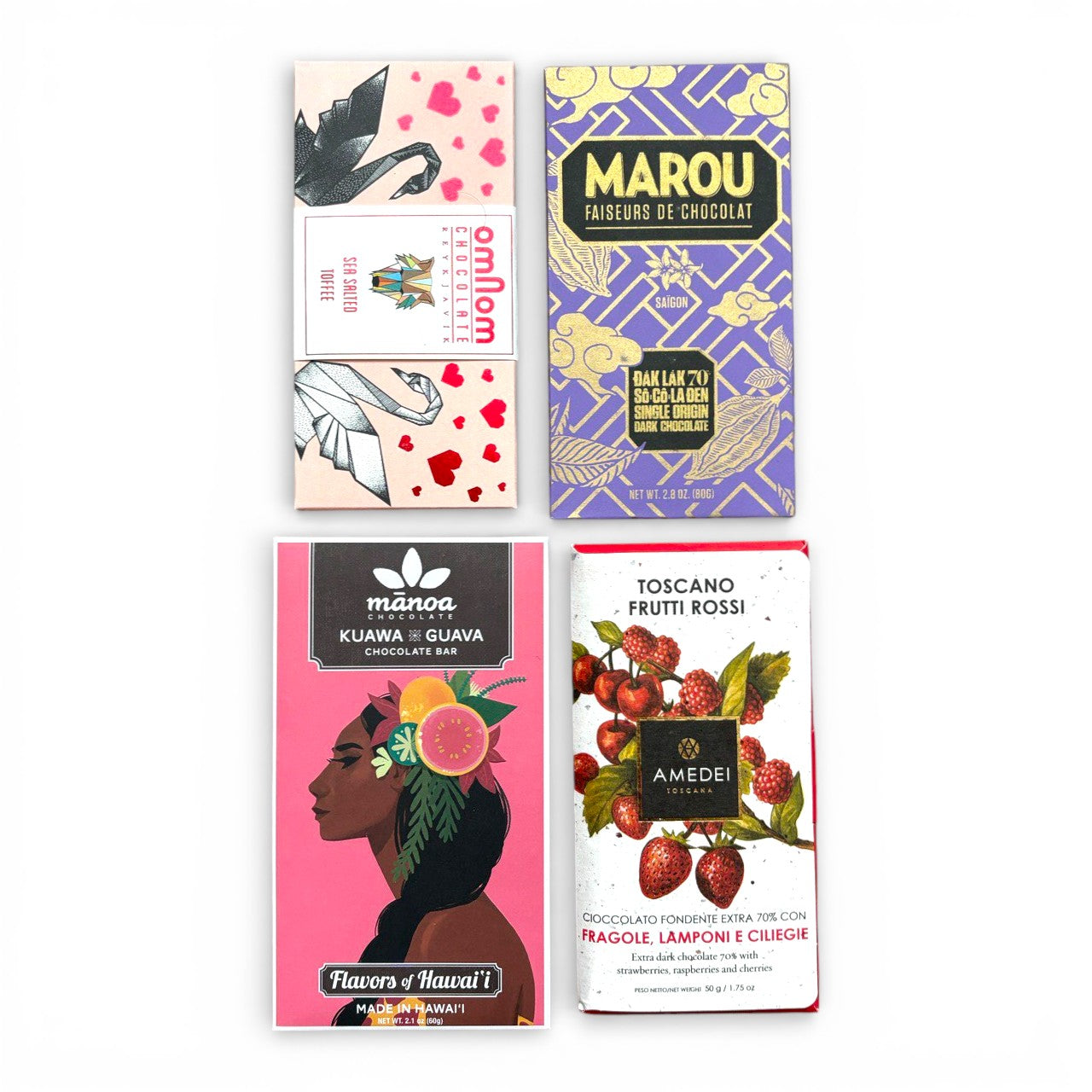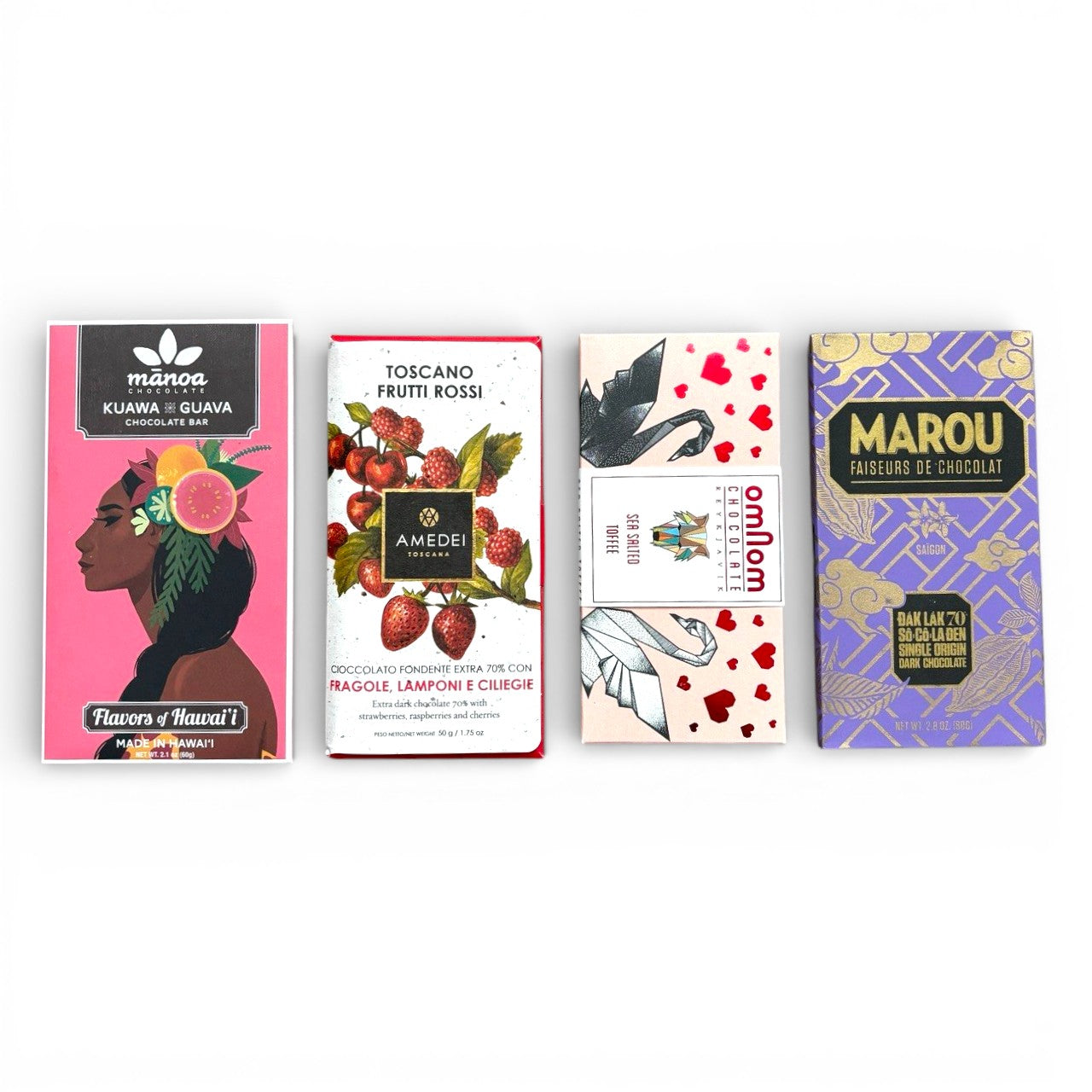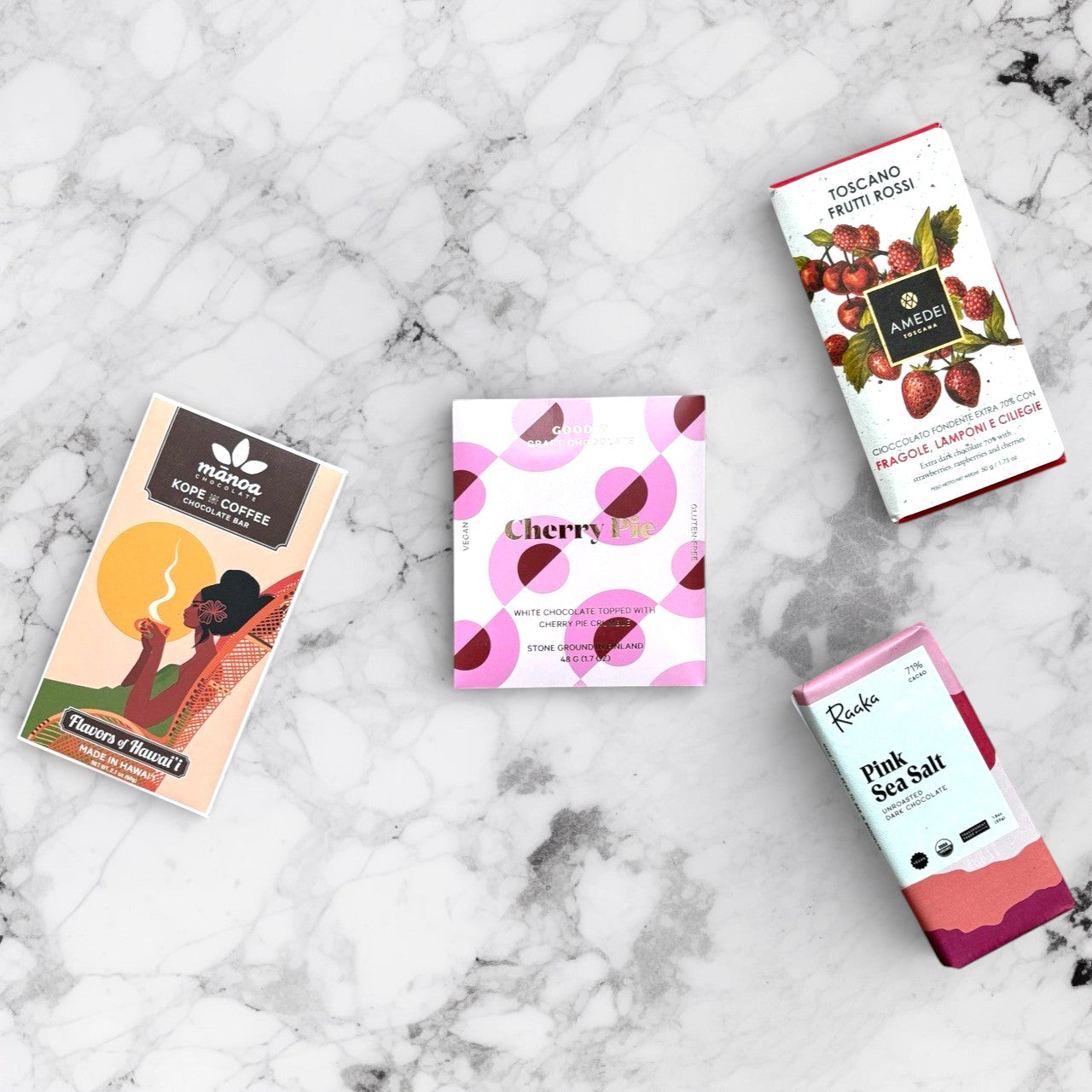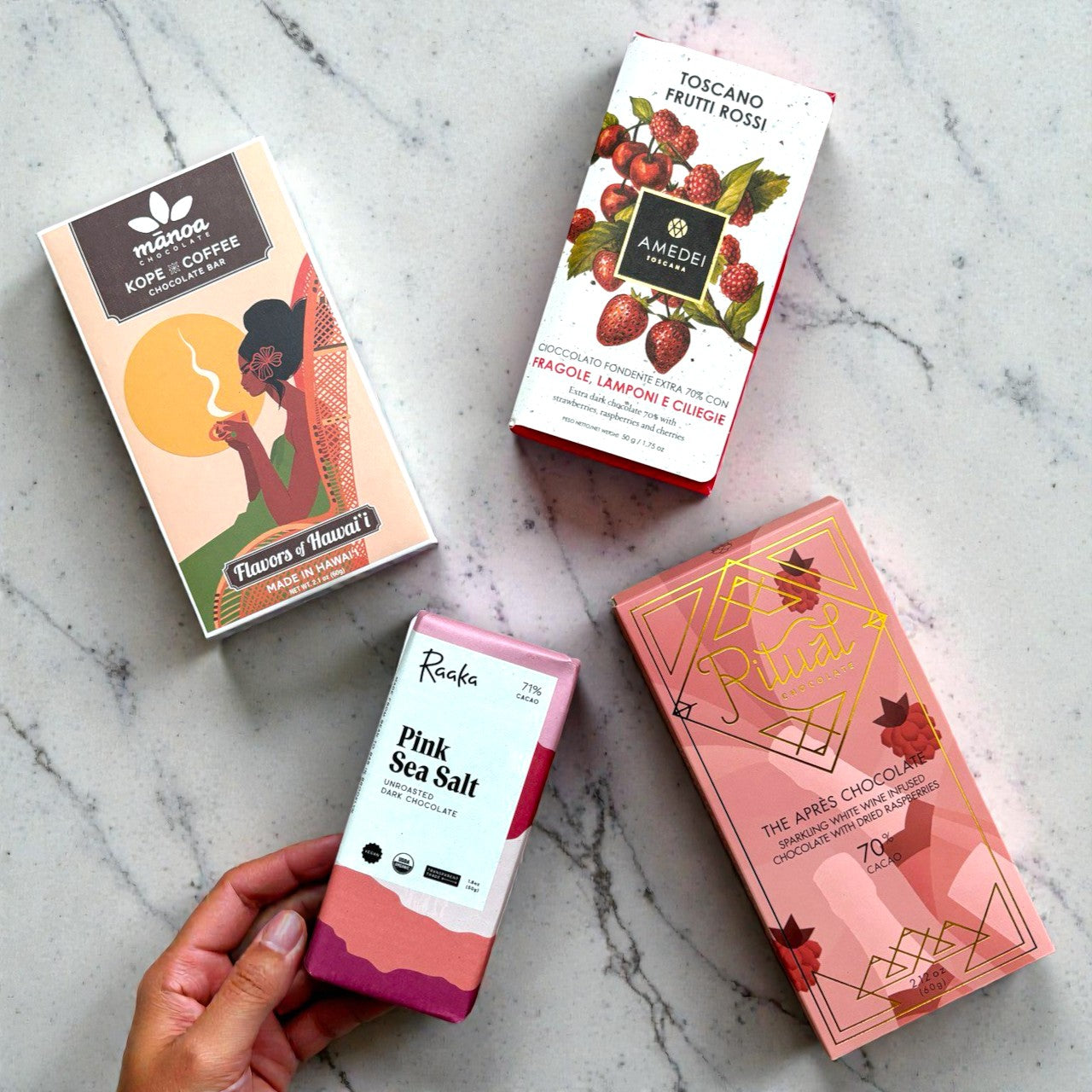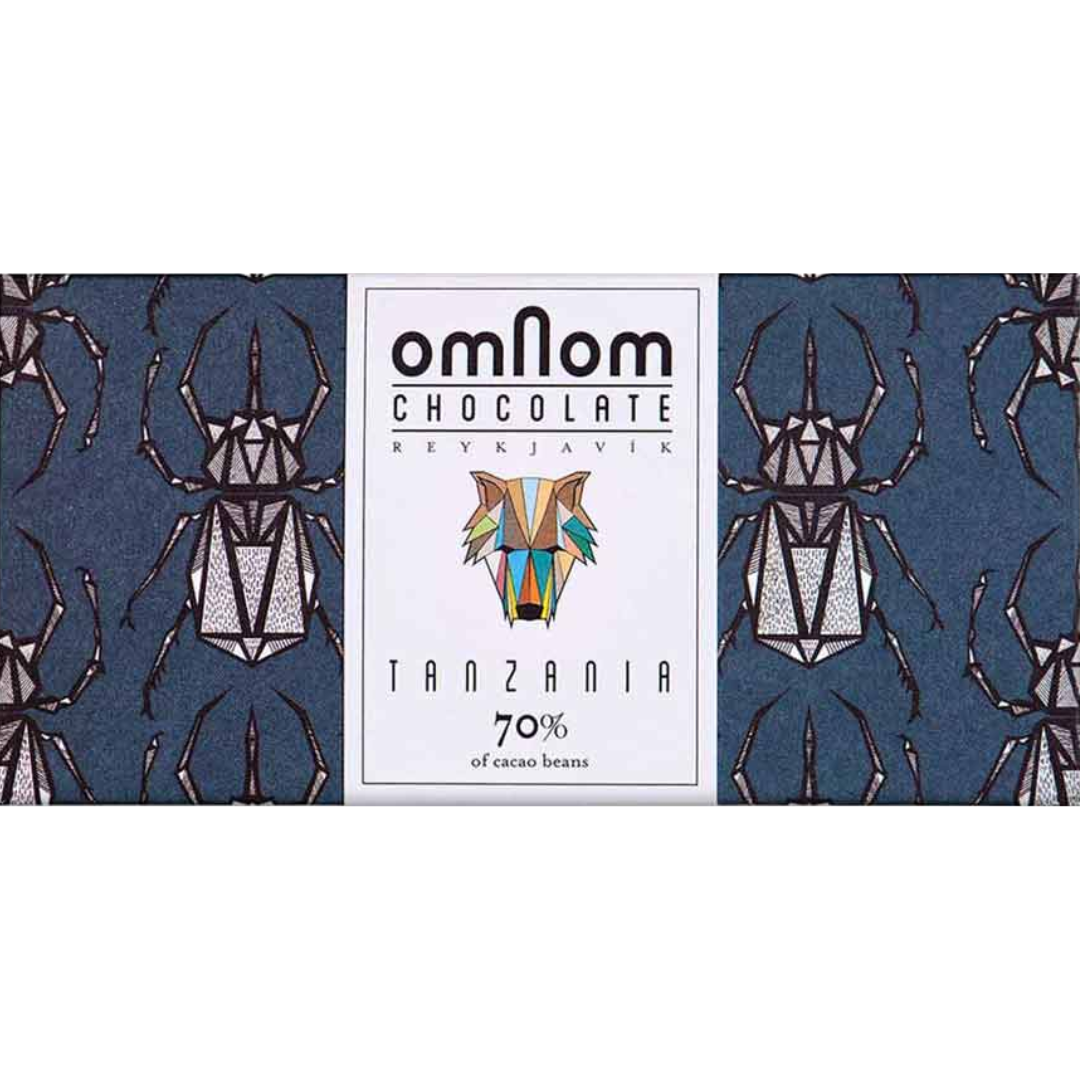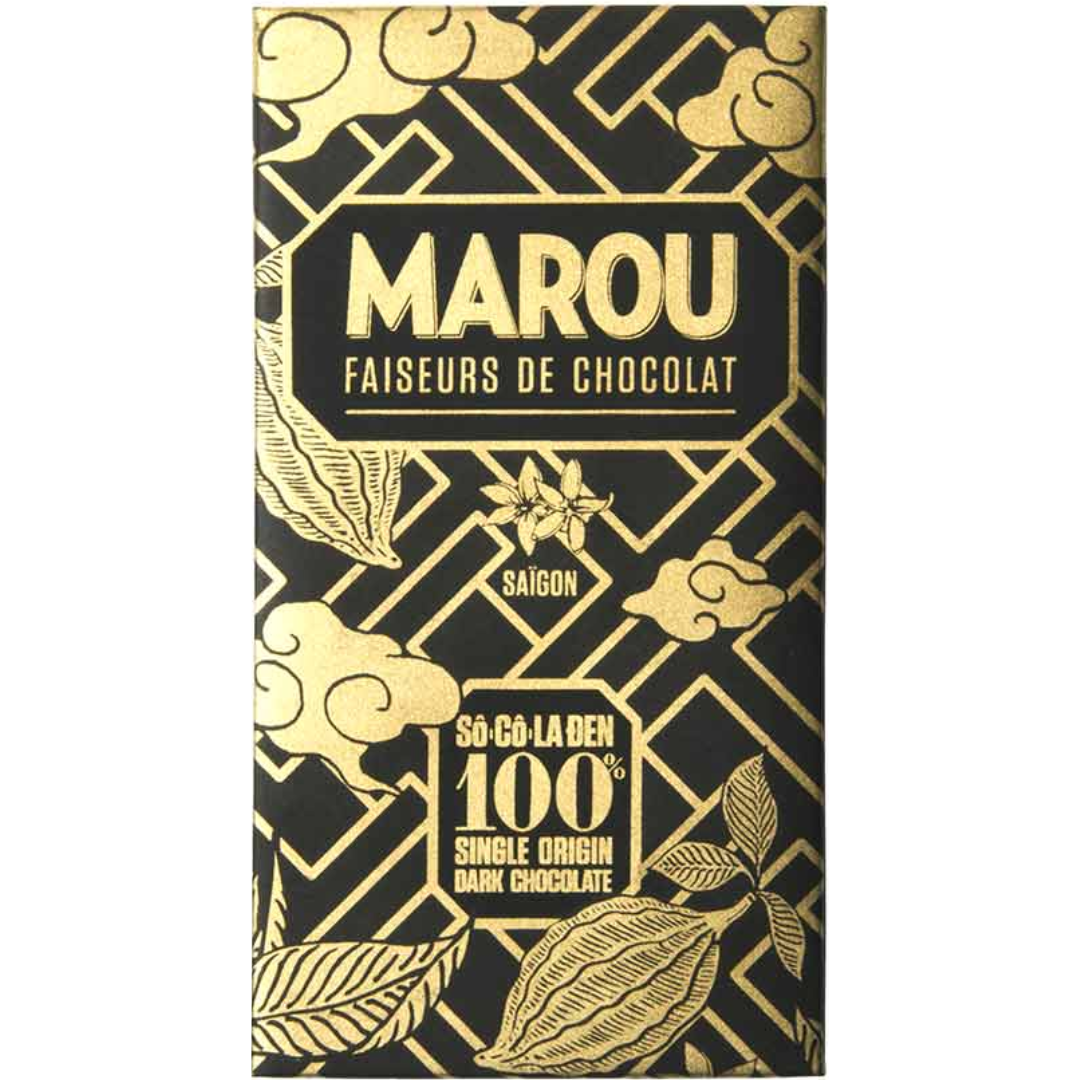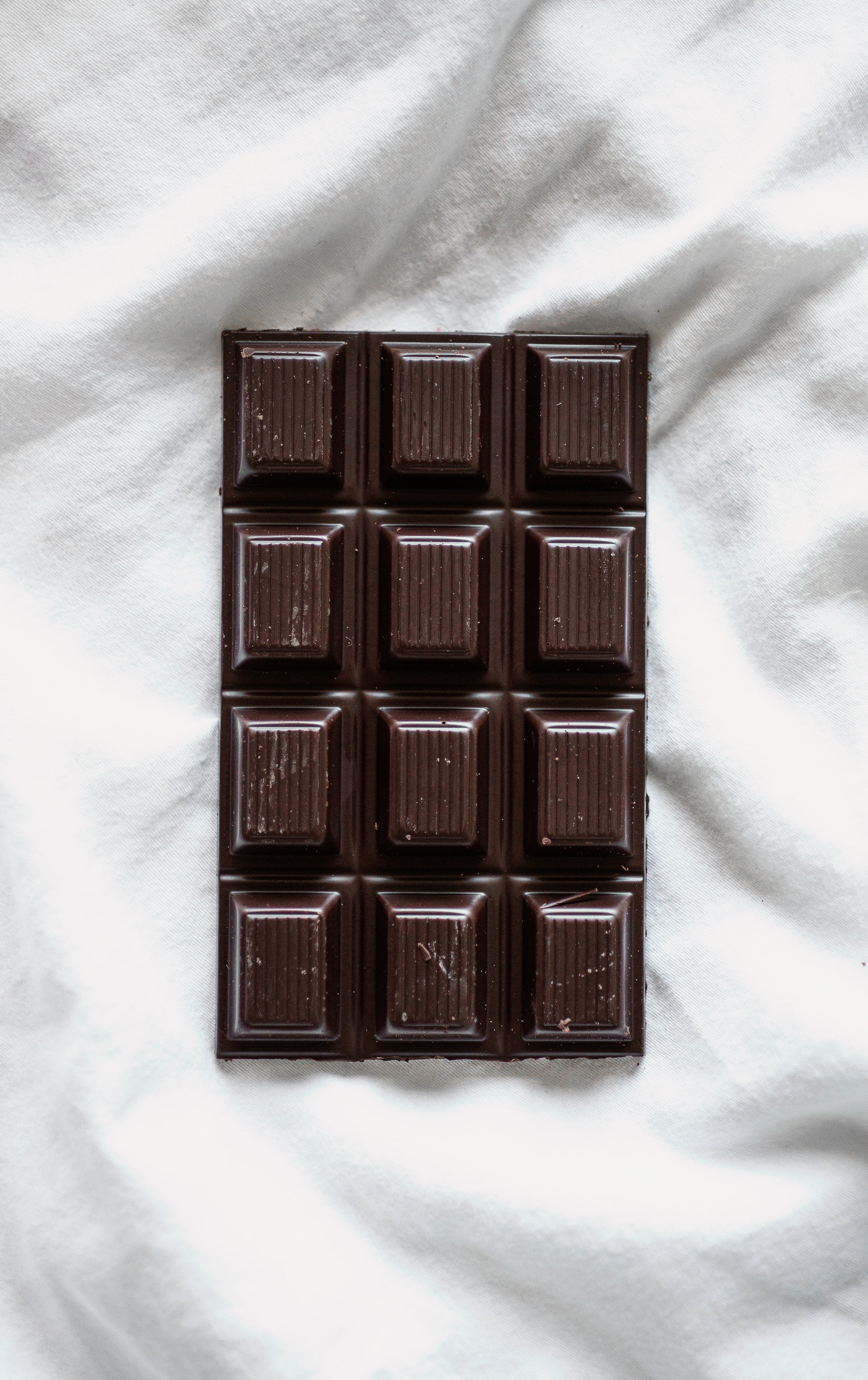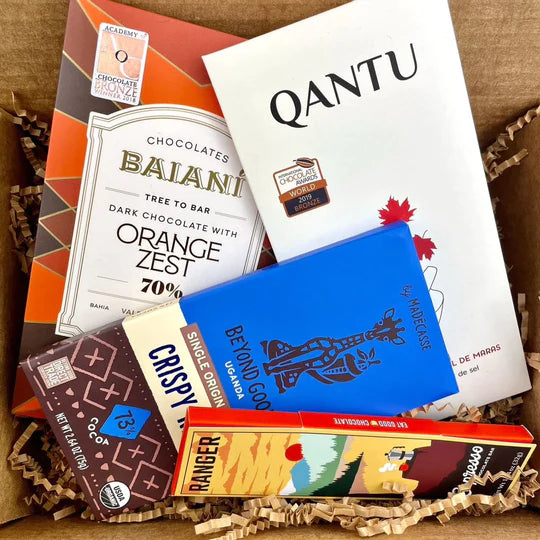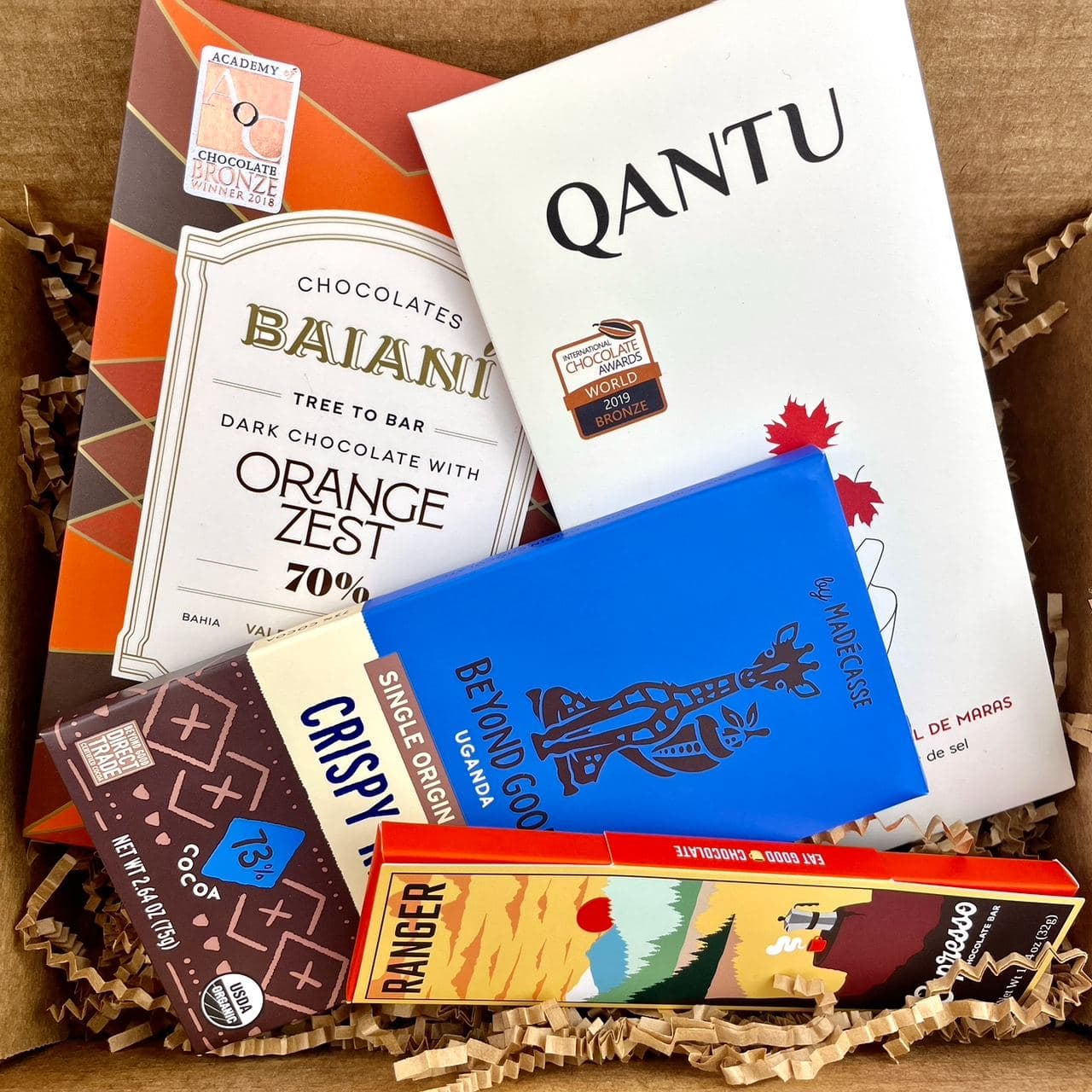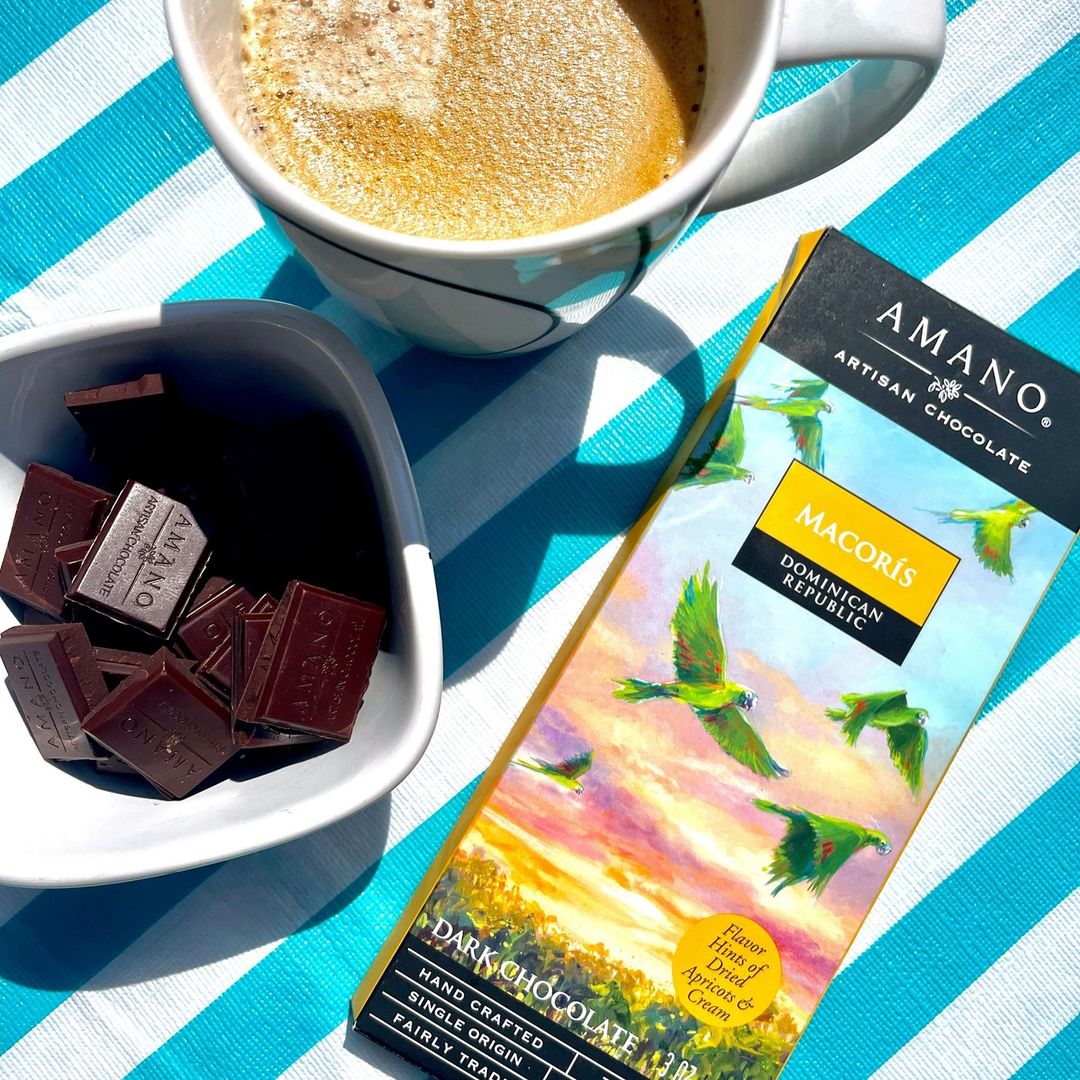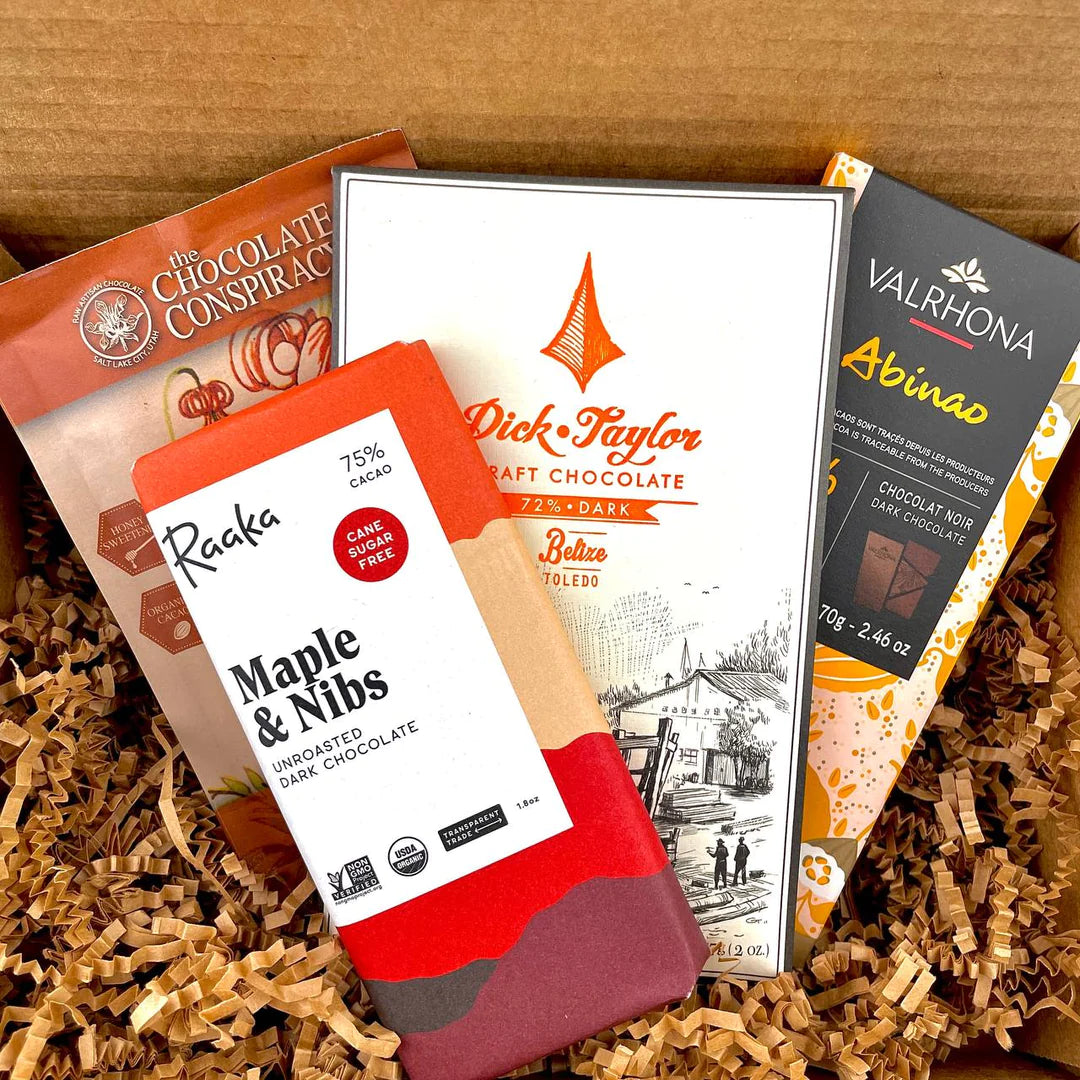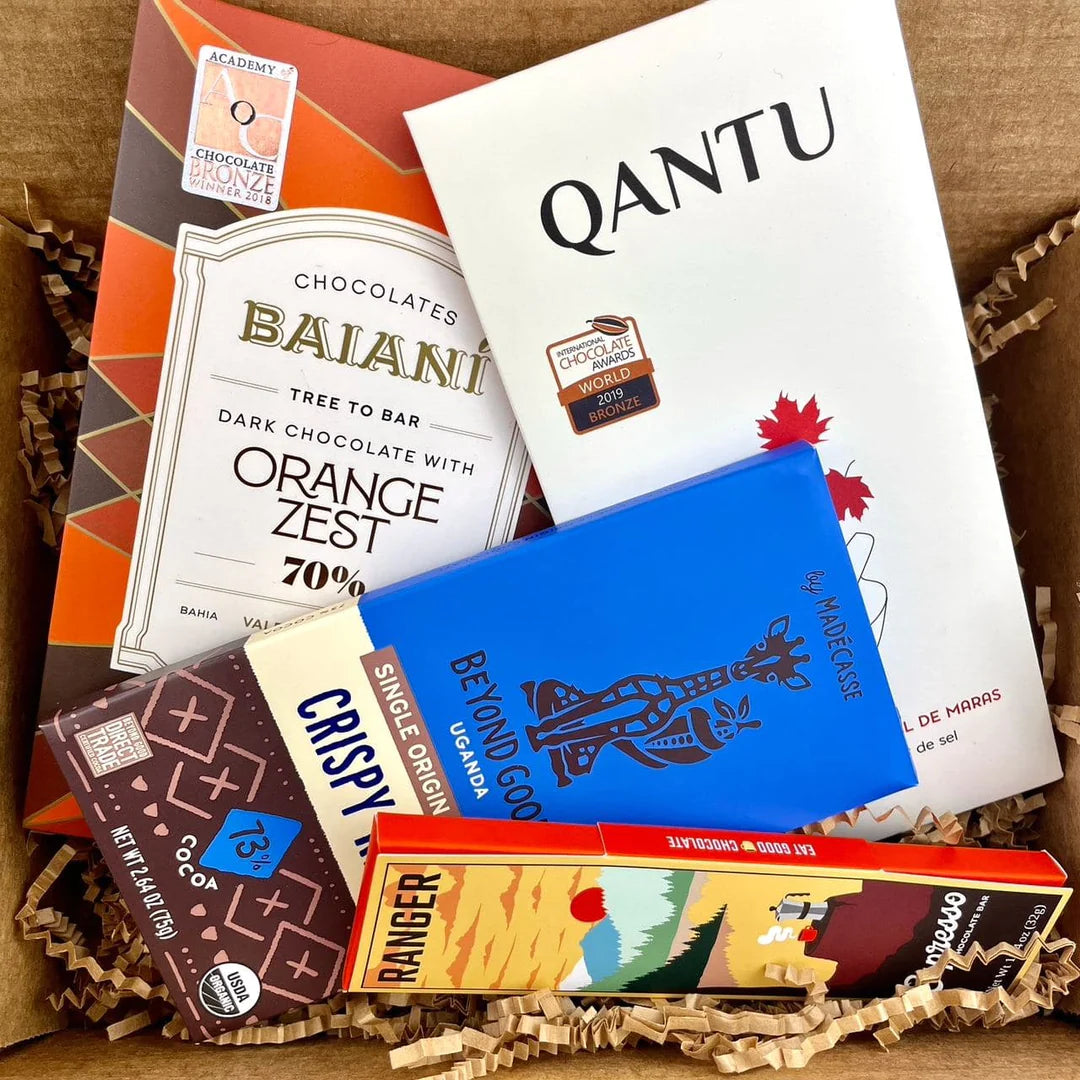Chocolate Purveyors is a blog series where we connect and discuss everything chocolate with both makers and enthusiasts. This discussion is with Tuta and Juliana, founders of Baiani Chocolate.
Baianí chocolate is a tree-to-bar Brazilian chocolate maker. Baiani bars carry the tradition of the Pinheiro and Aquino families, both part of the cacao farming tradition in Bahia since the end of the 19th Century. Owned by the Pinheiro family since 1973, Santa Rita farm, is where Vale Potumujú is located.
 Photo Credit Baiani Chocolate
Photo Credit Baiani ChocolateDo you remember your first experience with real chocolate? What was it?
Juliana: My first experience with chocolate was at my Culinary course back in 2015, where I was exposed to confectionary chocolate techniques and opened my eyes to the incredible possibilities that cacao brings to desserts, confections and bars. But in 2016 the Bean-to-Bar experiments I started making, to check the quality of the beans of our origin Vale Potumuju, hooked me into this new way of making chocolate, now focused on the sensory qualities and distinctions of the different origins of cacao. It was love at first try!
How does Brazilian cacao differ from others?
Brazil’s Cacao predominately is of the Trinitario varieties, although the Amazonian Amelonado variety known as Pará-Parazinho, is still found in some orchards and in its wild form in the native Amazonian region. The sensory qualities of the Cacao from Brazil are very complex. It brings very present Chocolate notes but could have floral, red fruit, citric and many other pleasant notes that vary from origin and region in Brazil.
What is your Tree-To-Bar process?
Tuta: Tree-to-bar is an extension of the Bean-to-Bar process, that uses beans sourced from Origins that not only present high sensory quality in their beans but also respect the Social and Environmental aspects of their farming techniques. In the Tree-to-Bar process, the Origin of these beans are owned by the chocolate maker that exclusively uses these beans to make their chocolate.
So the cacao from our Origin Vale Potumuju, is exclusively used in Baianí’s chocolate bars. We use that to our advantage, since we are able change the precursors of flavors in the fermentation and drying processes at the farm, where we follow very careful protocols to make sure the consistency of quality is attained. But we also play with the difference in harvests every year and how it affects the results in flavors in our bars. Some exciting possibilities like having Vintage chocolate bars, and the cacao products like cacao juice are in the horizon. Photo Credit Baiani Chocolate
Photo Credit Baiani Chocolate
How did Juliana, recuperate the cacao farm she spent her childhood at?
Juliana: My father bought this farm in 1973 and worked on it for over 25 years, planting, cultivating and processing good quality cacao until the Witches’ Broom fungus was introduced in Bahia around 1989. This meant devastation for the whole region. Before that, at the peak of production, this farm had yields of 75 Tons of cacau per year. But after 15 years of neglect and abandonment, due to the lack of funds to maintain it, the production went down to less than 7 Ton per year.
Back in 2013, in order not to let this incredible patrimony go to waste, Tuta and I decided to invest in recuperating the infrastructure of the farm center, especially the primary school (grades 1 to 4) that my father had created there, still functioning but with inhumane conditions for the children. We also had and extra “push” by having the farm’s original manager, Mr. Veridiano Santos, come join us as part of our team and project. He bought his experience of having worked for 16 years with my father. But as we started to go back to the farm more often we were taken by a newfound passion for what cacao represented, the biome, the beauty of the region and our families’ heritage. So, fueled by this passion, we pushed on and started to learn, try new techniques, plant and reconstruct the legacy left by my father, Gabriel Pinheiro.
How did you make the switch from a music career to chocolate makers?
Juliana started as a background singer working in Bahia with many important names and bands. And later as a Bossa Nova Artist with 2 of her own albums launched in the mid 2000’s. Both of us very fulfilled in our careers and grateful to have been able to work with what we loved for so many years.
We are “children of cacao” and come from “cacao families” but never worked in farming or any activity related to cacao. Of course by observing both our fathers laboring so intensely and having lived at farms, we were familiar with all the processes and day to day activities of cacao. But the challenges of recuperating Vale Potumuju were immense and required us to dive in deep, learning the new practices and agricultural techniques in modern cacao farming.
As the years went by we were more involved in the day to day of the farm and invested in the post harvest process to try to improve the quality of our beans, we discovered the Bean-to-Bar process of making chocolate and dreamed of having our own brand. In 2018 we launched Baianí Chocolates to fulfill the dream and since then we are working hard to continue our process of learning, investing time and energy to show the world the quality of the cacao of Bahia and Brazil.
But we haven’t completely abandoned our music lives. Juliana Aquino’s albums can be heard in all digital streaming platforms and I am still producing music for TV networks in Brazil.
For someone trying a Baiani chocolate bar for the first time, what chocolate bar would you give them to try?
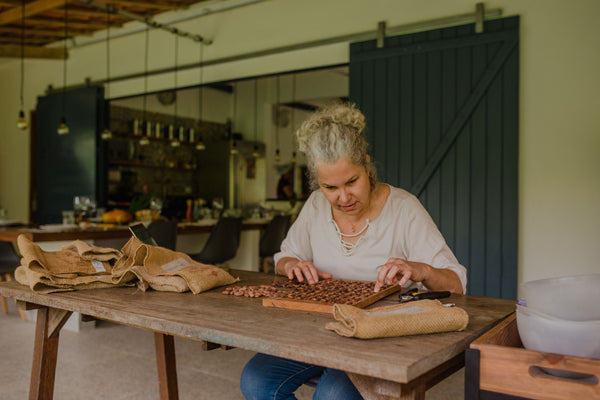 Photo Credit Baiani Chocolate
Photo Credit Baiani ChocolateWhat chocolate are you eating from other makers these days?
How can we all help promote craft chocolate?
The Bean to Bar/Tree-to-Bar movement also came to address not only these issues. It is also a way to showcase the cacao flavors from different origins and a way to make sure farmers are paid a better price for their cacao. In supporting this niche market, the consumer not only gets the benefit of consuming a chocolate bar with better and healthier ingredients, bringing a great sensory experience, but also supporting the improvement of the lives of farmers and their communities. Sharing one of these Chocolate bars with friends and family, that are not yet aware of this world of craft chocolate, will certainly increase the number of conscious consumers and help makers like us keep bringing delicious bars with different DNAs to the market.
Do you prefer a hot cup of coffee or chocolate in the morning?
What does the future hold for Baiani Chocolate hold?

We want to thank Juliana and Tuta for taking the time to answer our questions.
To get started with gourmet chocolate, start with our Kekao Box. We search the world for the finest chocolate bars and bring them right to your doorstep monthly. From rich dark Peruvian chocolate bars to new start-up chocolate bars on the come-up, you never know what you'll get inside the box!
If you want to try a few bars, check out our online chocolate store.
If you have any questions regarding this blog, our Kekao Box, or premium specialty-crafted chocolate bars, feel free to contact us! Keep up with us by subscribing to our newsletter or following us on Twitter, and Instagram.

